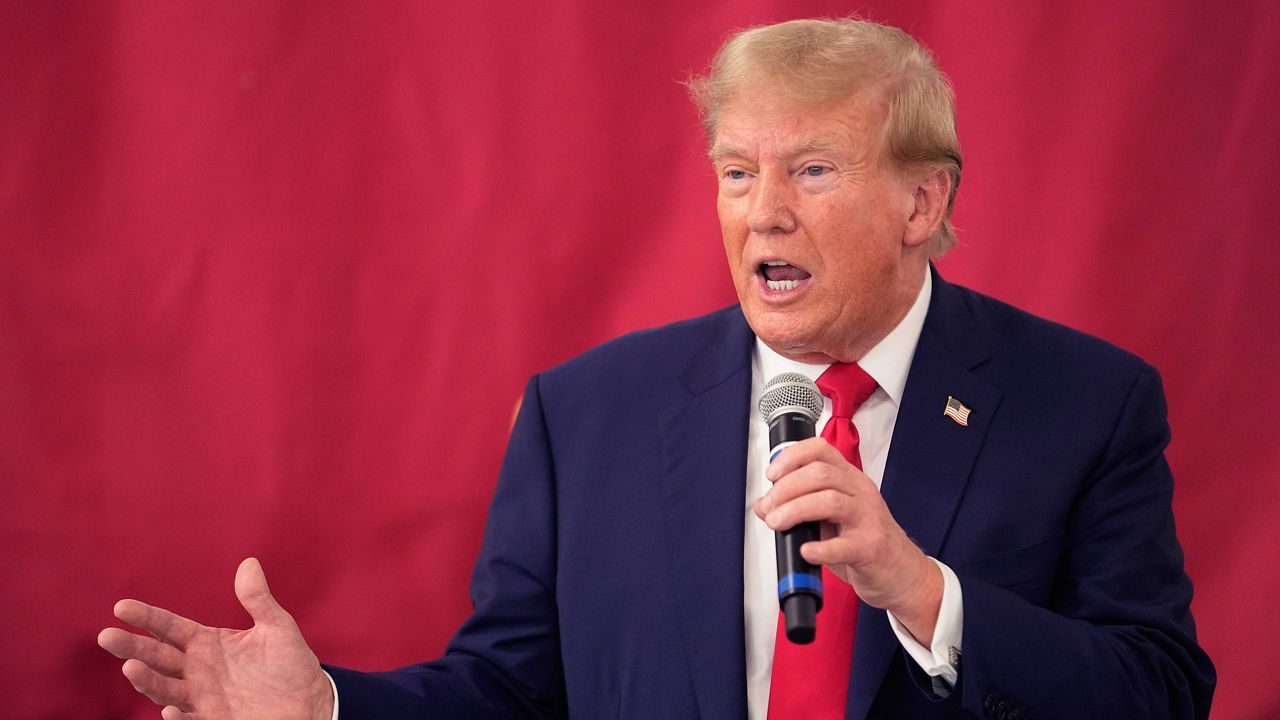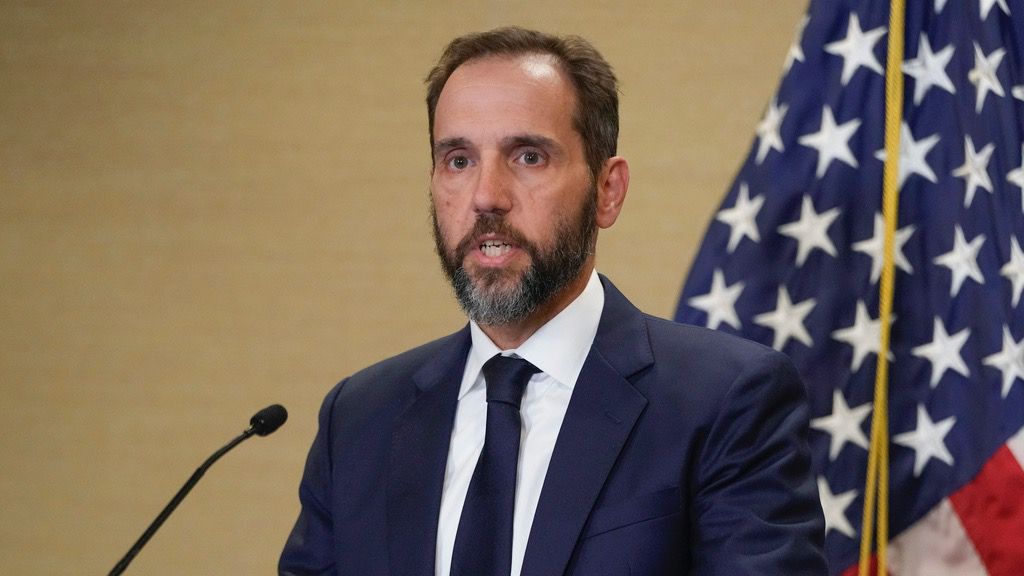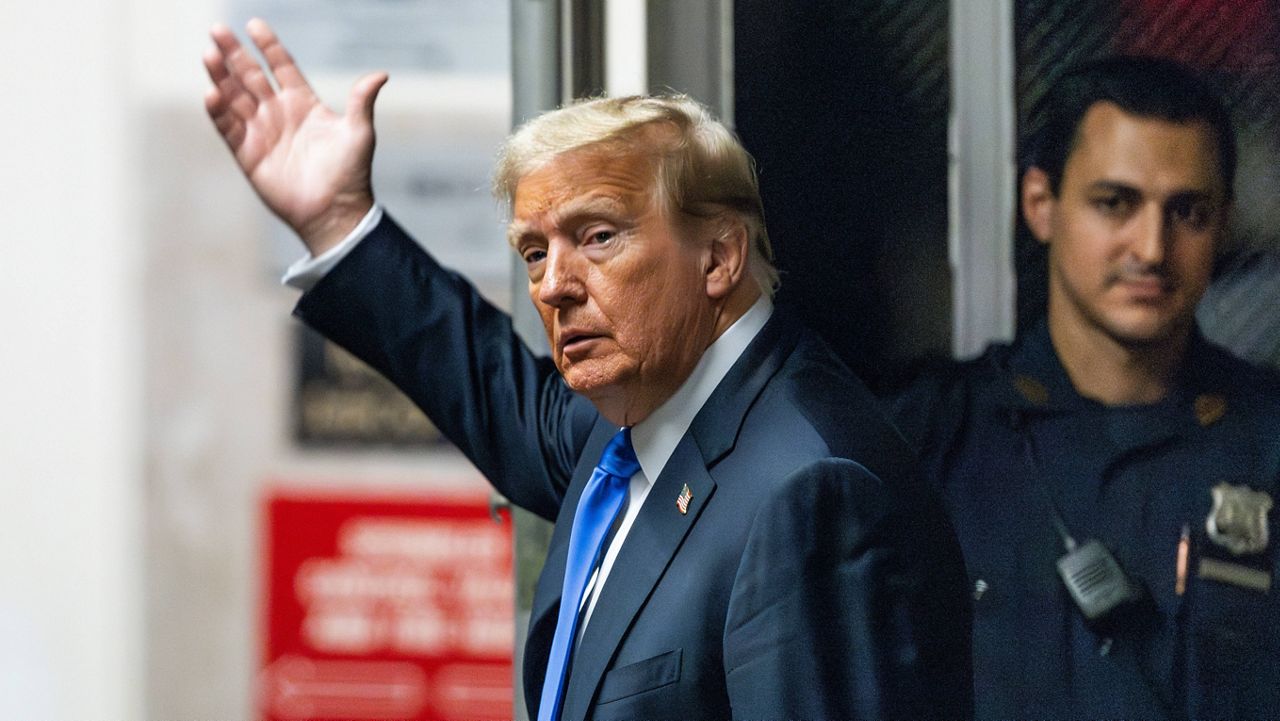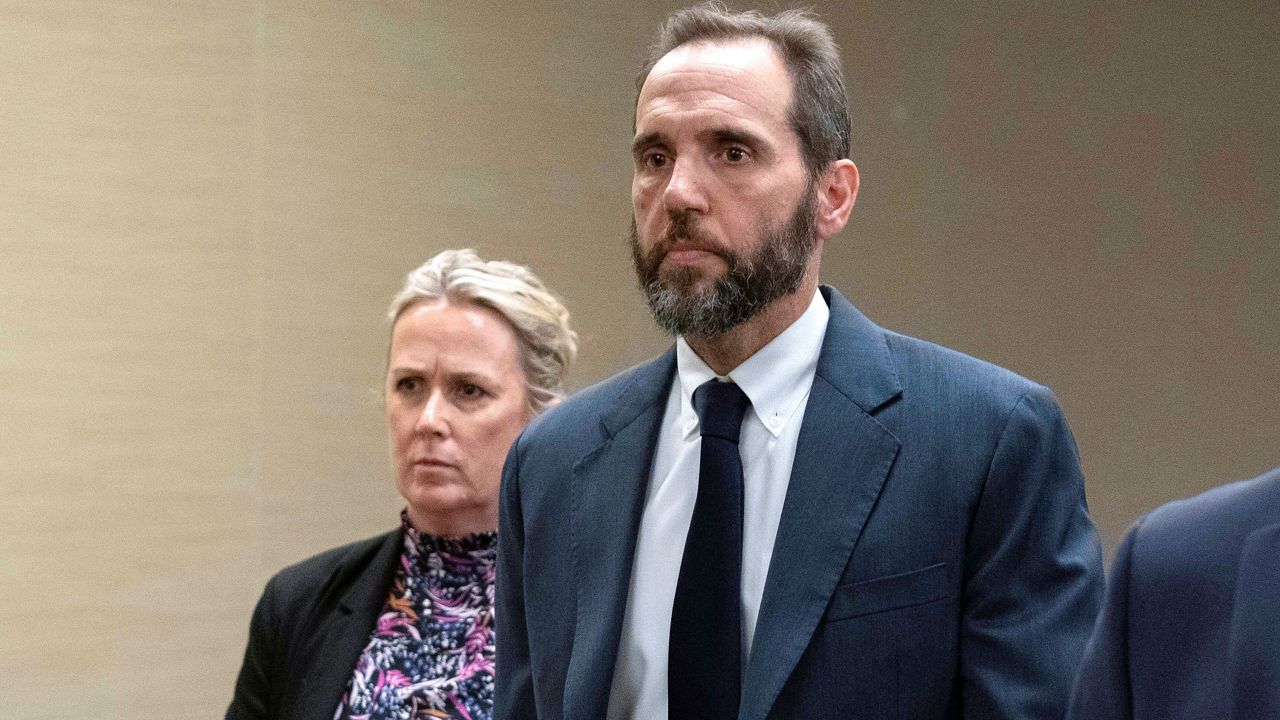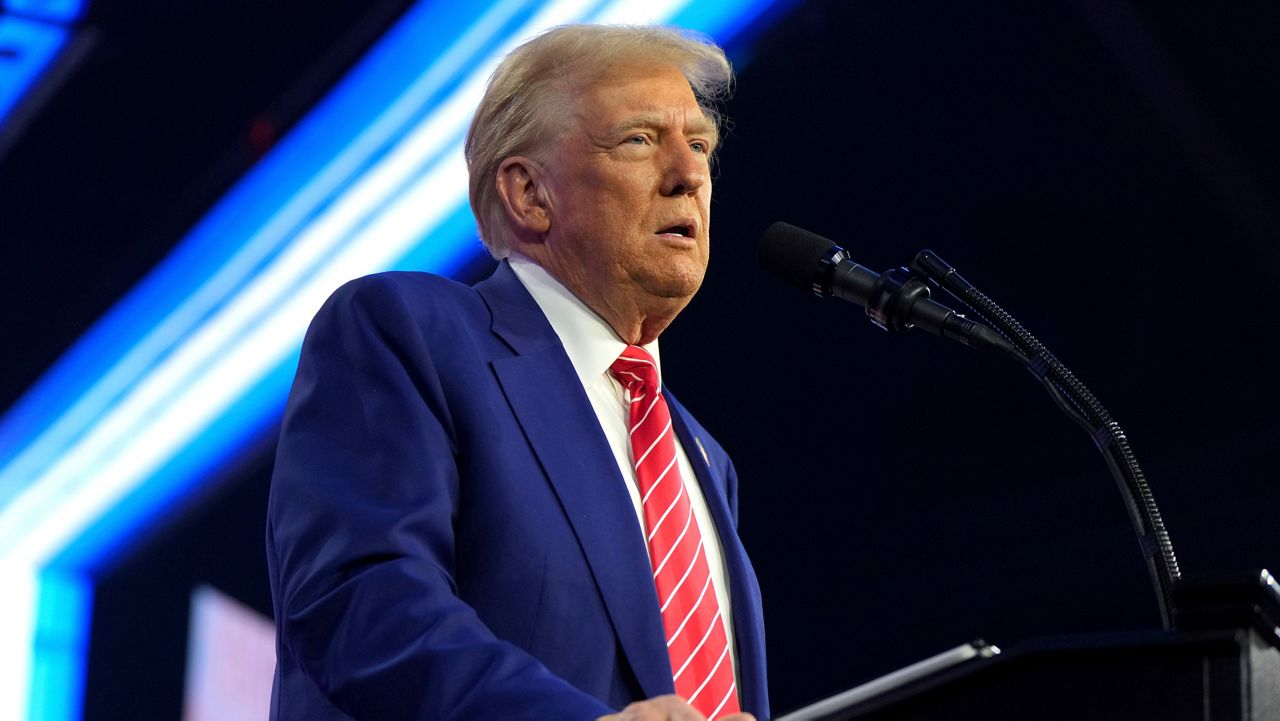Lawyers for former President Donald Trump urged a federal appeals court on Monday to revoke a gag order in the federal case charging him with plotting to overturn the results of the 2020 presidential election.
What You Need To Know
- A federal appeals court is hearing arguments on whether to reinstate a gag order against Donald Trump in the federal case charging him with plotting to overturn the results of the 2020 presidential election
- Prosecutors with special counsel Jack Smith's team are urging the court to put back in place an order barring the Republican former president from making inflammatory statements about potential witnesses and lawyers in the case
- Trump's attorneys argue that it would set "a terrible precedent" for future restrictions on political speech
- The three judges appeared skeptical of Trump's attorney's arguments that the gag order was unconstitutional or had been entered without sufficient cause
"The order is unprecedented and it sets a terrible precedent for future restrictions on core political speech," Trump attorney John Sauer told a three-judge panel.
Prosecutors with special counsel Jack Smith's team, meanwhile, are urging the court to put back in place an order barring the Republican former president from making inflammatory statements about potential witnesses and lawyers in the case.
The prosecutors say those restrictions are necessary to prevent Trump from undermining confidence in the court system and intimidating people who may be called to testify against him. Defense lawyers call the gag order an unconstitutional muzzling of Trump's free speech rights and say prosecutors have presented no evidence to support the idea that his words have caused harm or made anyone feel threatened.
During arguments Monday, Trump lawyer Sauer called the gag order a “heckler’s veto,” unfairly relying on the theory that Trump’s speech might someday inspire other people to harass or intimidate his targets.
"They can’t draw a causal line from any social media post to threat or harassment when we have wall to wall media coverage of this case,” Sauer told the court.
The three judges appeared skeptical of Sauer's arguments that the gag order was unconstitutional or had been entered without sufficient cause.
Judge Brad Garcia pressed Sauer to explain why the court can’t take steps now before threats against those involved proliferate.
“This is predictably going to intensify as well as the threats, so why isn’t the district court justified in taking a more proactive measure and not waiting for more and more threats to occur and stepping in to protect the integrity of the trial?” he asked.
The gag order is one of multiple contentious issues being argued ahead of the landmark March 2024 trial. Defense lawyers are also trying to get the case dismissed by arguing that Trump, as a former president, is immune from prosecution and protected by the First Amendment from being charged. The outcome of Monday's arguments won't affect those constitutional claims, but it will set parameters on what Trump as both a criminal defendant and leading presidential candidate can and cannot say as the trial date nears.
The order has had a whirlwind trajectory through the courts since U.S. District Court Judge Tanya Chutkan imposed it last month in response to a request from prosecutors, who cited among other comments Trump's repeated disparagement of Smith as “deranged."
The judge lifted it days after entering it, giving Trump's lawyers time to prove why his words should not be restricted. But after Trump took advantage of that pause by posting on social media comments that prosecutors said were meant to sway his former chief of staff against giving unfavorable testimony, Chutkan put it back in place.
The U.S. Court of Appeals for the District of Columbia Circuit later lifted it as it considered Trump's appeal.
The judges hearing the case include Cornelia Pillard and Patricia Millett, both appointees of President Barack Obama, and Brad Garcia, who joined the bench earlier this year after being nominated by President Joe Biden. Obama and Biden are Democrats.
The panel is not expected to immediately rule on Monday. Should the judges rule against Trump, he'll have the option of asking the entire court to take up the matter. His lawyers have also signaled that they'll ask the Supreme Court to get involved.
The four-count indictment in Washington is one of four criminal cases Trump faces as he seeks to reclaim the White House in 2024.
He's been charged in Florida, also by Smith's team, with illegally hoarding dozens of classified documents at his Mar-a-Lago estate in Palm Beach, Florida. He's also been charged in state court in New York in connection with hush money payments to porn actor Stormy Daniels, who alleged an extramarital affair with him, and in Georgia with scheming to subvert the 2020 presidential election in that state. He has denied doing anything wrong.




